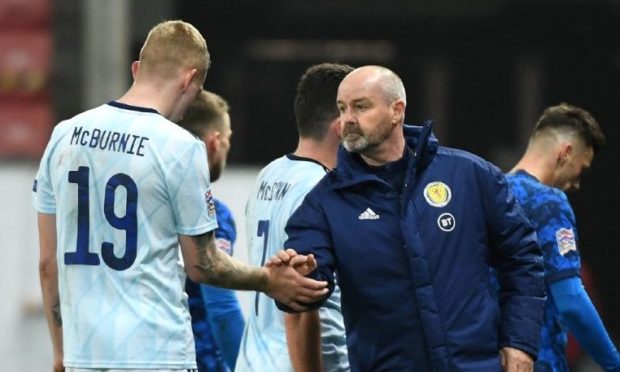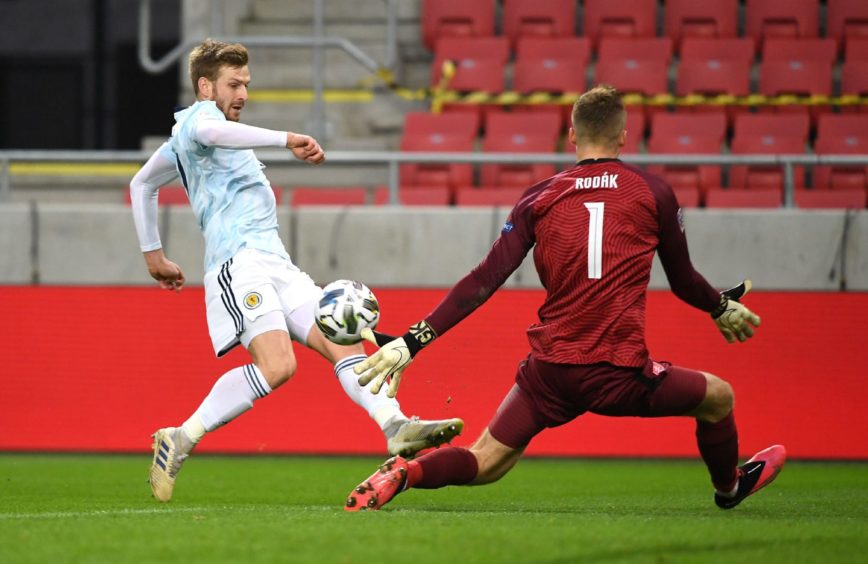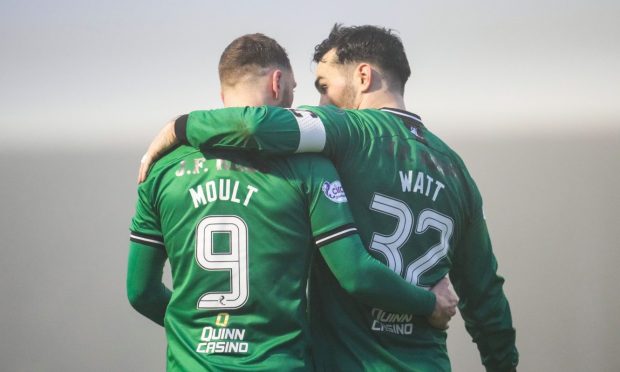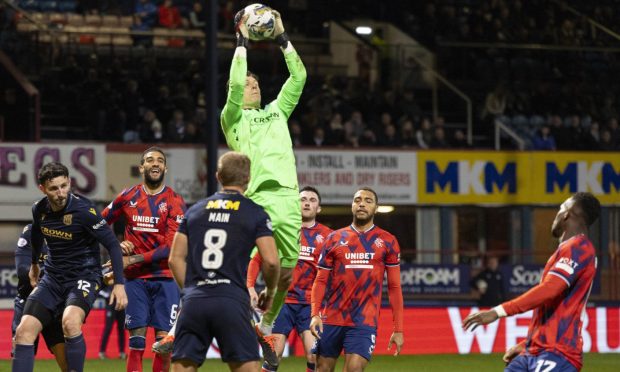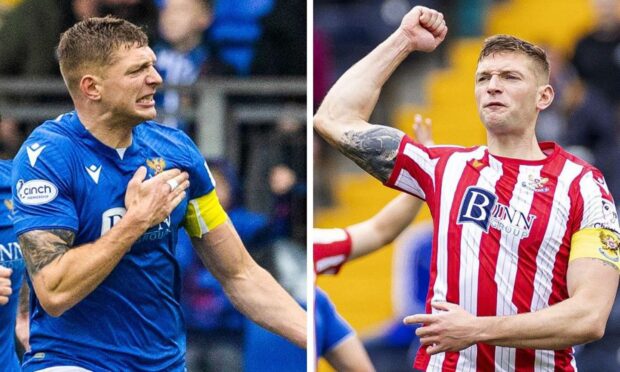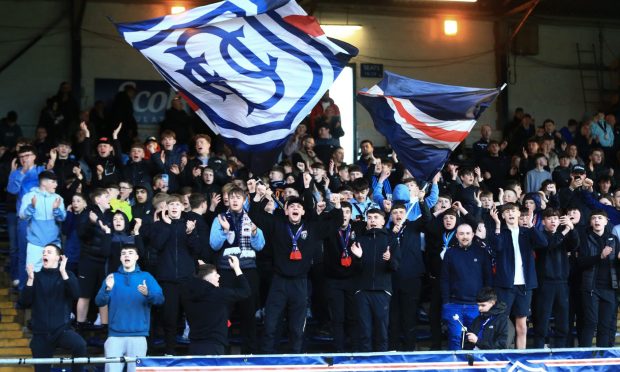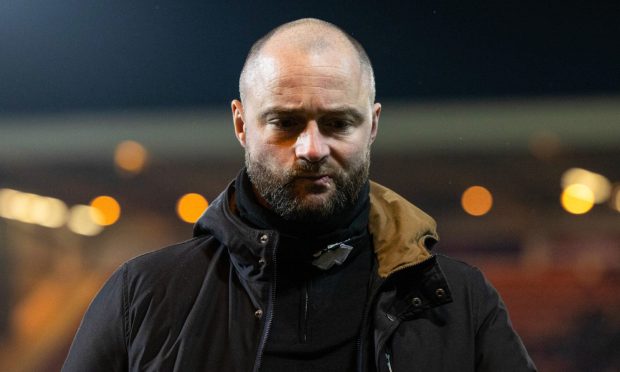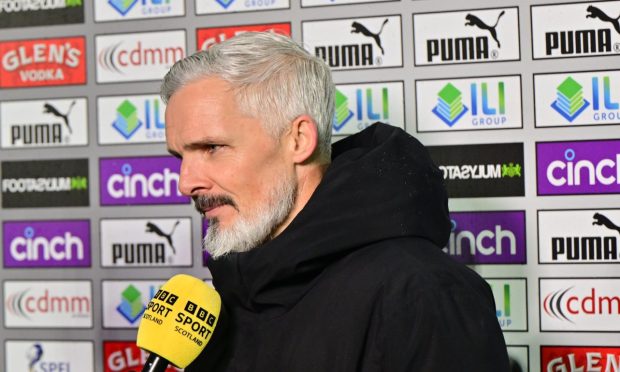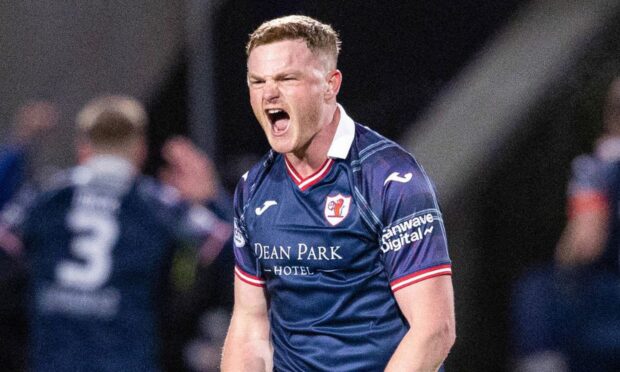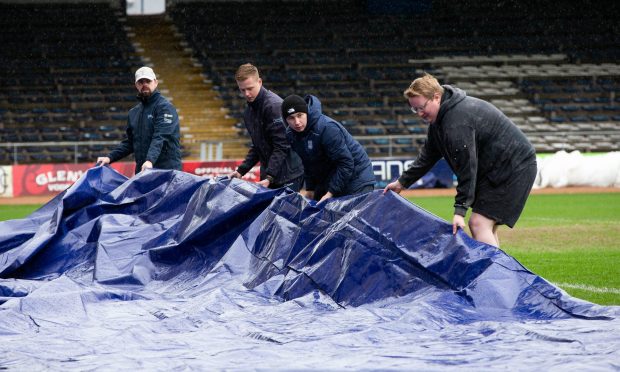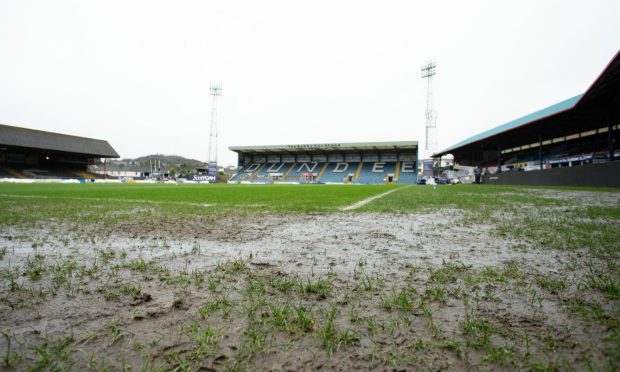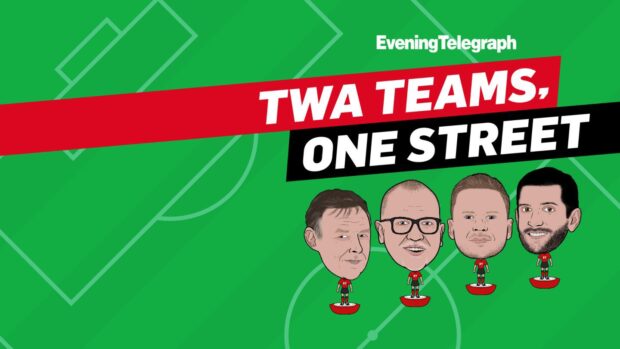There is a lot to be said for the snowball effect of winning games of football.
It’s not that long ago Steve Clarke was being mocked for talking up a four, five and six-game unbeaten run.
Scotland victories and draws were dismissed by the cynics and critics as all but inconsequential on the basis of the quality of the opposition and/or the manner in which the results were achieved.
But those unmemorable results and performances against the likes of San Marino, Cyprus and Kazakhstan fed into that once in a generation night in Belgrade.
Clarke has made the national team an organised and disciplined outfit. And he’s pretty much picked the right players in the right positions, allied with the right tactics.
But good, old-fashioned, uncomplicated momentum isn’t to be underestimated, however it may come.
It’s the polar opposite of what used to be the Scotland way when every defeat and qualification failure would have a knock-on impact on the next campaign.
So many World Cup and European Championship disappointments have blurred into one long, sorry saga that six different managers haven’t been able to find a path out of. It has taken 22 years to box off that era and tie it up with a bow.
In that context, the breaking of a cherished virtuous circle, an unbeaten run stopping at nine, isn’t irrelevant.
But there was nothing in the display against Slovakia to suggest that Scotland will be back in a vicious one again anytime soon.
In fact, given the quick turnaround between the never-to-be-forgotten events on the pitch (and in the team hotel) at Belgrade and getting back into Nations League action in Trnava, as well as the number of changes made by Clarke, this was an excellent afternoon’s work in many respects.
The head coach has quite rightly emphasised the significance of the Scots topping their group.
It would virtually guarantee a play-off spot to get to the 2022 World Cup.
But even if that penny hasn’t dropped for the players, there is no avoiding the big motivator – claiming a place in Clarke’s 23-man squad for next summer.
The sound of David Marshall congas and 70s disco sing-alongs might still be ringing in the ears of the Scotland fans who are showing no signs of growing weary of the SFA’s social media offerings. But you can rest assured that as soon as heads hit pillows in the wee small hours in Serbia, thoughts of the Scotland footballers were already turning to who will be in and who will be out.
The camaraderie in the camp is genuine but they all know the stakes and they all know who their rivals are to be selected when it really matters.
You wouldn’t go as far as to say any of the fringe players who were among the eight starting line-up changes nailed down their place but none of them played their way out of contention, that’s for sure.
The collective drop-off was marginal.
Craig Gordon made a fine early save and couldn’t prevent the winning goal.
The three-man defence also performed as well as you could expect a new-look rearguard to, albeit Scott McTominay’s willingness to step out from the back and make an incisive pass was missed.
The full-backs, Kieran Tierney and Liam Palmer, were just as diligent as Andy Robertson and Stephen O’Donnell had been, and carried a comparable attacking threat.
It would be hard to find fault with the control and positional intelligence Stuart Armstrong and Kenny McLean provided next to John McGinn either.
And good chances were created – in greater numbers than on Thursday night.
Which brings us to the man who passed up more of them than anyone else and is by some distance the great divider of Tartan Army opinion.
Clumsy touches, slow decision-making and weak heading were all in evidence from Oli McBurnie, and prevented him from scoring a hat-trick.
But so too were selfless runs and non-stop graft.
He is clearly no Lyndon Dykes but he is Clarke’s primary choice to stand in for Lyndon Dykes when the QPR forward is unavailable and will continue to be so all the way through to next June, I suspect.
Clarke’s first wish for Wednesday night in Israel will be a win, hopefully one that starts a new unbeaten run lasting as long as the streak just ended.
A McBurnie goal will come a close second, though.
